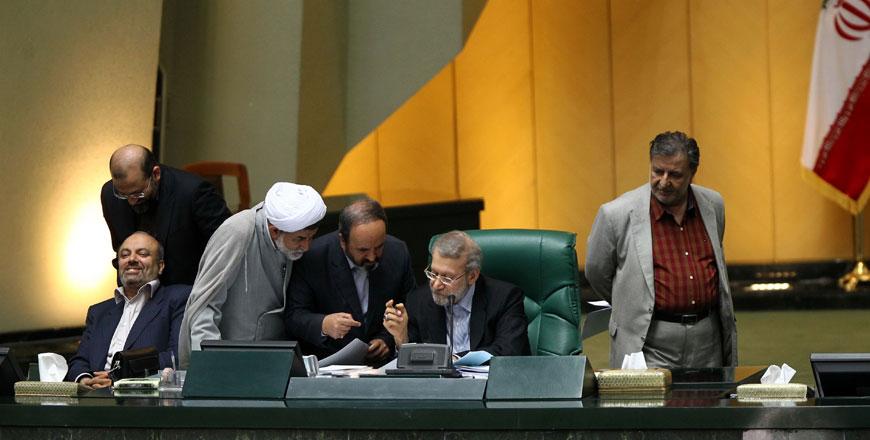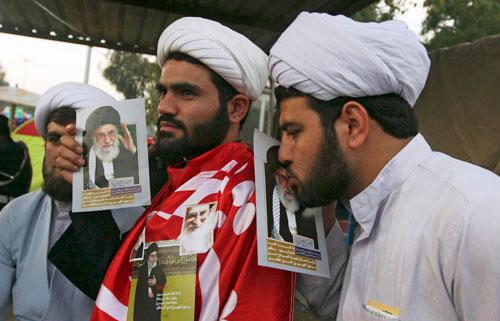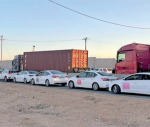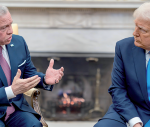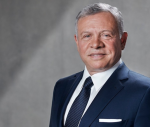You are here
Western ‘haggling’ a risk to nuclear deadline — Rouhani
By AFP - Jun 13,2015 - Last updated at Jun 13,2015
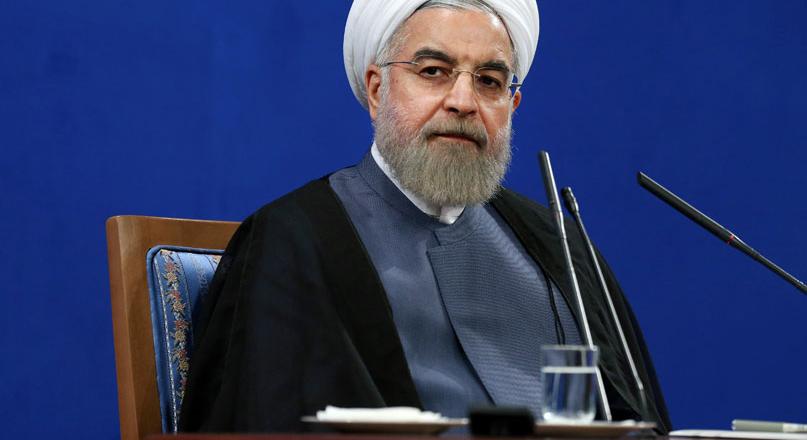
Iran’s President Hassan Rouhani gives a press conference on the second anniversary of his election in Tehran on Saturday (AP photo)
TEHRAN — Iran's president warned Saturday that haggling by world powers could jeopardise the deadline for a nuclear agreement, admitting many differences remain on the details of a potentially historic deal.
Hassan Rouhani, who has placed his credibility on ending more than a decade of international concern that the Islamic republic is developing a nuclear bomb, also acknowledged sanctions would not be lifted immediately under the accord, which is due by June 30.
He made the remarks in Tehran a day after Russia's senior negotiator spoke of a "very worrying" slowdown in progress in painstaking diplomacy which has lasted 21 months.
With the finishing line in sight, Rouhani, speaking at a press conference marking two years since his unexpected election victory, accused the other side of agreeing terms in one meeting only to try and improve on them during later discussions.
"They start to haggle, causing delays in the negotiation," he said, without mentioning which of the six powers in the talks with Iran was responsible.
"If the other party respects the agreed framework and does not add other demands, the differences can be resolved but if they choose the path of haggling then it can prolong the negotiations," he added.
Iran and the P5+1 group (Britain, China, France, Russia and the United States plus Germany) agreed the outlines of the nuclear deal on April 2 after intensive talks went past a March 31 deadline.
In Washington on Friday, State Department spokesman Jeffrey Rathke admitted the talks were proving "complicated", but the US believes a deal can still be reached by the end of June.
And on Thursday, French Foreign Minister Laurent Fabius — seen as something of a hawk in negotiations — said the issue of tighter UN inspections of Iran's nuclear facilities was not yet sewn up.
With deputy foreign ministers and technical experts currently meeting in Vienna in the run up to the proposed final talks in late June, Russia's senior negotiator spoke Friday of slow progress.
"There is very little time before the deadline and we urgently need to enter the final stage," said Sergei Ryabkov, a deputy foreign minister.
Alluding to those concerns, Rouhani said there are still "many differences over details that must be addressed" under the deal, which aims to guarantee that Iran's nuclear activities are peaceful, but he remained "hopeful" of an agreement.
The proposed accord would mothball large parts of Tehran's atomic programme in exchange for a lifting of extensive sanctions that have severely damaged its economy.
'Months' to remove sanctions
But the process of implementing each side's obligations under a complex agreement lasting at least a decade dominated the talks since April 2 remains unsettled.
Rouhani has come under pressure from lawmakers and hardliners who say sanctions must be lifted when the deal is signed, despite most experts agreeing it will take significant time to do so.
"We are currently discussing it," he said, when asked about the timing of sanctions being removed, noting that "weeks or even months will pass" between signing and implementing the deal.
A UN Security Council resolution to cancel previous resolutions on nuclear matters "will be the first major step and a guarantee" for delivering the accord, he said.
"Then it will take several months to implement all the commitments," he added, referring to the sanctions imposed by the European Union and the United States.
Those sanctions, implemented in 2012, targeted the oil and financial sectors of Iran and plunged the country into a deep economic crisis which led to inflation above 40 per cent.
Rouhani said the talks were "so far a great victory for the Iranian nation", insisting that the major powers have recognised Iran's right to possess a uranium enrichment programme at its Natanz facility and that other nuclear sites will remain open.
But he also hit out at those in Iran who sought to downplay the effect of sanctions, saying they had halted foreign investment.
"OK, the country can survive... but if we want to compete in the world we need them removed," he said. "No big country can thrive behind closed doors."
Related Articles
TEHRAN — Iran's parliament curtailed its own power to block a nuclear deal with world powers Sunday, effectively removing a longstanding thr
TEHRAN — A year after its nuclear deal took effect, Iran is increasingly concerned over the arrival of US President-elect Donald Trump, who
President Hassan Rouhani said on Monday that he would try to clinch a nuclear deal with world powers despite opposition from some quarters in Iran.


